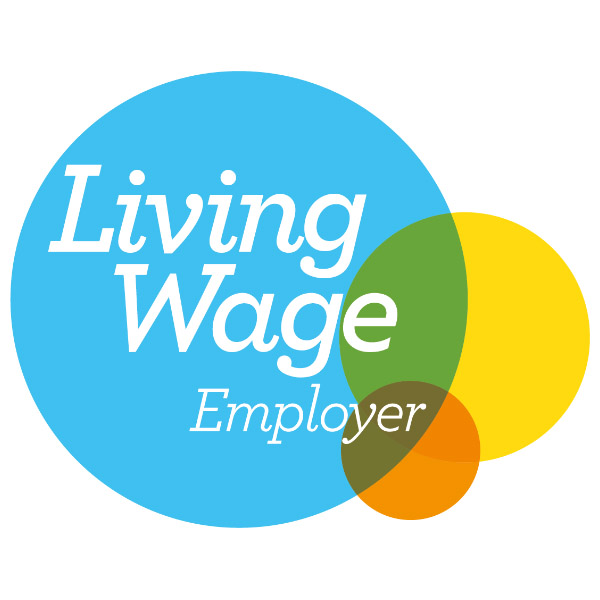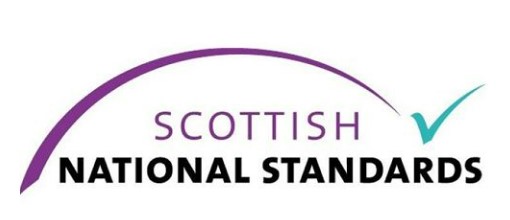Advice in Health Settings
We are funded by The City of Edinburgh Council and Health and Social Care to provide a blanket of advice for welfare rights and debt in a range of community locations across the city.
How Can We Help?
Our specialist Advice Workers can help you to maximise your income, carefully considering each individual and family we work with. As well as our office-based advice services we operate within various city-wide settings including GP practices, council offices, hospitals, mental health and addiction recovery hubs and community centres.
We can help you with issues such as:
- Benefit checks
- Making benefit applications
- Applying for emergency funding
- Appealing benefit decisions and representation at tribunal appeals
- Debt issues
- Referrals to other organisations for employability or support
For a full list of venues and the advice services we provide, see Where We Work or call us on 0131 442 2100 for more information.

Case Studies
Read case studies of our work which illustrate how we can maximise people’s income and resolve housing and debt issues.
Peter (pseudonym) was referred to CHAI by a social worker from the mental health and substance misuse team during lockdown. He had significant alcohol problems and no safe cooking facilities at home. He also had other health problems that affect his day-to-day life. Peter had no income and was borrowing money from family and friends to survive.
What we did: CHAI made an application for Universal Credit (UC) via a joint telephone conversation but there was no call back from UC to follow this up. We then assisted Peter and his social worker to make the claim online. We also helped with the UC50 questionnaire (unfit for work form) and Peter was deemed to have limited capability for work-related activity. He now gets UC of £174.26 per week (2021-22 rates).
In addition to above we helped with a claim for Personal Independence Payment (PIP), by helping Peter to fill out the form with assistance from his social worker during a home visit. Supporting evidence was provided by the social worker. We explained how the system works regarding PIP and UC to both the social worker and to Peter. Peter was awarded the standard rate of the daily living component of £60 per week. We discussed asking for a mandatory reconsideration for a possible higher award but decided that it was not applicable at this time. Peter did not want to pursue it due to the perceived stress caused.
An application for Council Tax Reduction (CTR) was made. Peter’s house is owned outright and held in trust for him. There are no other housing costs. He will no longer accrue council tax debt as it is now covered by CTR. He will still pay water and sewerage each month and we helped him to set up a direct debit to do this.
Peter’s social worker advised that his cooking facilities were poor, and his cooker dangerous. CHAI did a grant application which was successful. We then liaised with Peter’s support worker and he and Peter then purchased a new cooker together. Peter did miss some appointments but with support from his social worker we helped him re-engage with services and maximise his income. Now that Peter’s income is secure and his home environment safer, he is thinking about getting the treatment he needs to tackle his alcohol addiction.
Sarah (pseudonym) was referred by a Community Psychiatric Nurse (CPN) from a Community Mental Health team. She has significant and enduring mental health conditions and has recently been in hospital. Sarah had an adverse reaction to medication which has had a considerable impact on trust of professionals.
Despite being unable to work she has remained on Job seekers allowance (JSA) for several years when she would be better off on Universal Credit (UC). The Job Centre has been trying to encourage them to claim UC for some time. Sarah would also have a good chance of getting Personal Independence Payment (PIP).
What we did: We arranged an appointment with Sarah and her CPN in person and started the application process for PIP (called PIP1) over the phone with both parties present.
A PIP2 form (about Sarah’s functional difficulties) was then completed with Sarah on their own at the mental health hub. At this point the adviser felt that Sarah was beginning to trust her. She requested supporting evidence from her CPN.
As the adviser felt that trust had grown, they started discussing other benefits and Sarah’s reluctance to go onto UC.
The adviser explained, that with medical certificates in place she would undertake a Work Capability Assessment and could end up increasing their income and not having to look for work which she found very stressful.
After some time, Sarah felt she had enough information and confidence to decide to transition from JSA to UC.
The client obtained a run-on payment of JSA for two weeks at the start of her UC claim which helped with the 5-week wait for the first payment. A successful application was made to the Edinburgh Trust and a grant of £600 was awarded which helped the rest of the wait for the UC payment.
Sarah’s long-term income will likely increase with less stress from job-seeking commitments and short-term she has been awarded £600 to see her through until UC is paid.
Sarah built up trust with our organisation and is happy for us to assist with any future issues and despite living in homeless accommodation for several years she is now looking at other options with our support.
Brian (pseudonym) is a single man with overnight access to his teenage son at weekends. He had previously been receiving the standard rate of the daily living component of Personal Independence Payments (PIP) but this stopped after his claim was reviewed. Brian came to CHAI for advice about six months after his claim stopped. He has severe mental health issues which were exacerbated by the situation.
Brian’s only other income was Employment and Support allowance (ESA), which had deductions for child maintenance payments so he was living on an income below his applicable amount (the amount the Government says you need to live on based on your circumstances).
Brian’s relationship with his son was also being affected by the situation as he could not maintain regular weekly access visits due to his reduction in income.
Originally from Poland, Brian had no family or friends in the UK, other than his son. He started borrowing money from his neighbours to get by and this was causing him a lot of stress and anxiety when unable to pay them back. He reported having suicidal thoughts and thoughts of harming other people. He was calling his GP most days regarding this and reported being in several incidents in which he had been removed from the Job Centre by the police as he was causing a disturbance over his PIP claim being stopped.
What we did: We submitted a PIP Mandatory Reconsideration and then an appeal to the First-Tier Tribunal when this was unsuccessful. We also applied for various grants and help from Social Care direct while Brian awaited a decision and made a referral to Penumbra for help with his mental health and general support.
The Tribunal awarded the enhanced rate of the daily living component of PIP for 3 years. This amounted to a total financial gain of over £13,000 for Brian over the period of the award, including a lump sum backdate of over £4,000. The most positive outcome was that Brian was able to have regular overnight access to his son again.
He was also able to use some of the backdated money to pay back personal loans he had taken from neighbours, which relieved some of the stress and anxiety he had been feeling and improved his relations and feelings about his local community.
Brian reports he has not contacted his GP as often as he is feeling less anxious and worries less about his situation and he has not had any further incidents with the police since his PIP was reinstated.



